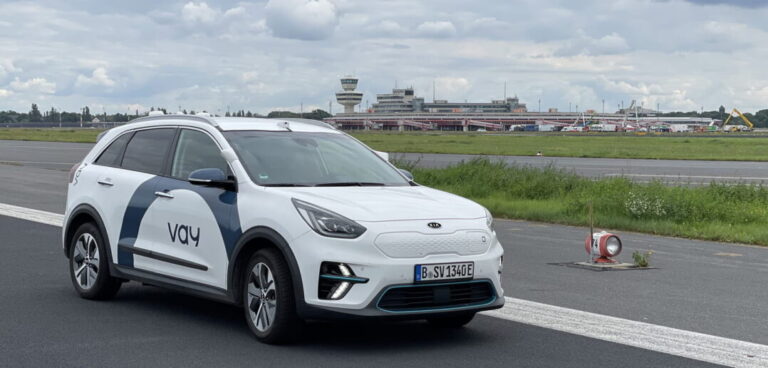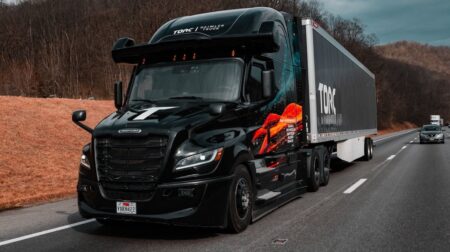Berlin-based driverless mobility firm Vay Technology has performed a series of tests using remotely operated systems to deliver to and collect driverless cars from its customers.
The start-up is currently working towards developing a tele-operated fleet, which it hopes will be able to run without an onboard safety operator on public roads in Hamburg, Germany.
Independent technical inspection service TÜV SÜD has signed on as the company’s safety and security partner for the project, and will provide the company with its autonomous driving expertise and technical inspections.
Some of key focuses of the tests will be safety, data security and wireless connectivity.
“Vay’s idea excited us from the very start, as it basically closes the gap between automated driving and car sharing,” said Julia Kronberger, project lead, TÜV SÜD.
“Our AV-Permit service package will help get Vay’s technology on the road.
“The AV-Permit service package is used by the experts to support the development of automated vehicles worldwide.
“The service package and its third-party expert reports will create the basis for single vehicle approval.”
“As the vehicle can be fully remote-controlled, cybersecurity is paramount in this case,” added Mohamed Fares Abid, engineer automotive cybersecurity, TÜV SÜD.
“Given this, Vay’s risk assessment identified the communication path between the vehicle and its telestation as critical.
“Verification that this communication and the connected systems are protected against cyberattacks is thus essential.”
TÜV SÜD has reportedly already validated several of Vay’s autonomous vehicles (AVs) for tele-operated runs, and is offering approval on an individual vehicle basis.
What’s more, the inspection firm has also performed design and vehicle assessments, including tests on how the AVs might function in real-life scenarios.
The company likewise produced a report on the AVs’ functional safety and cybersecurity capability in the hopes of overcoming regulatory obstacles and getting the cars approved for road use.








